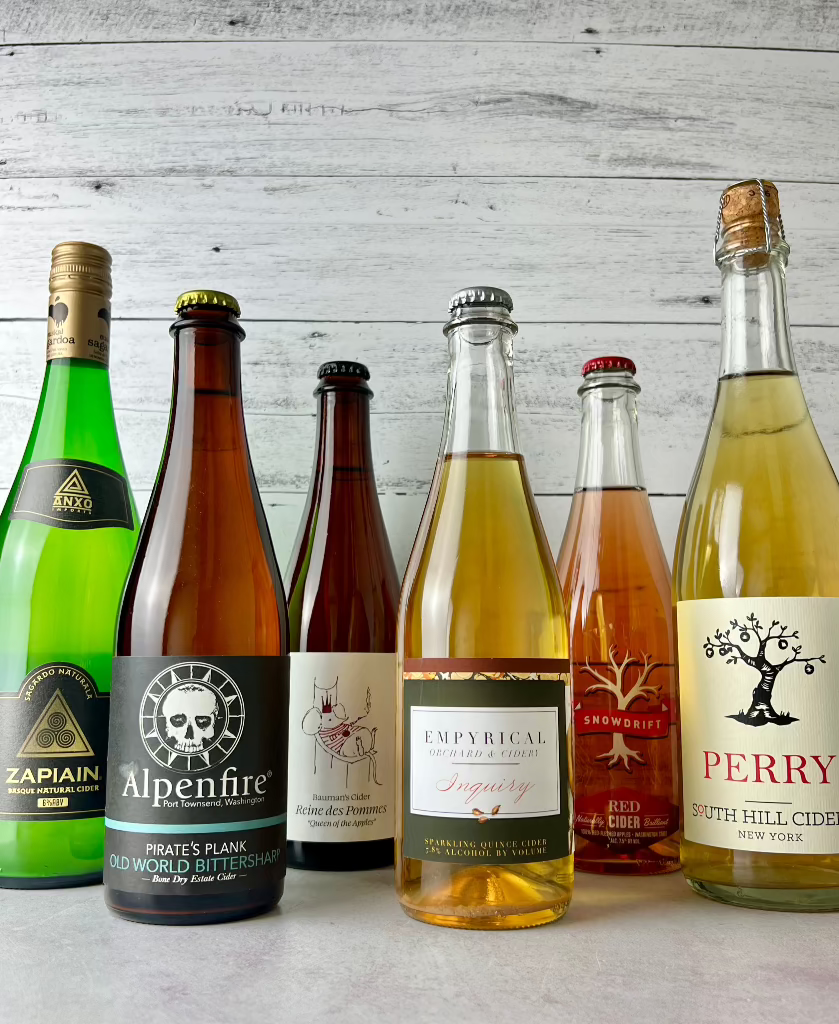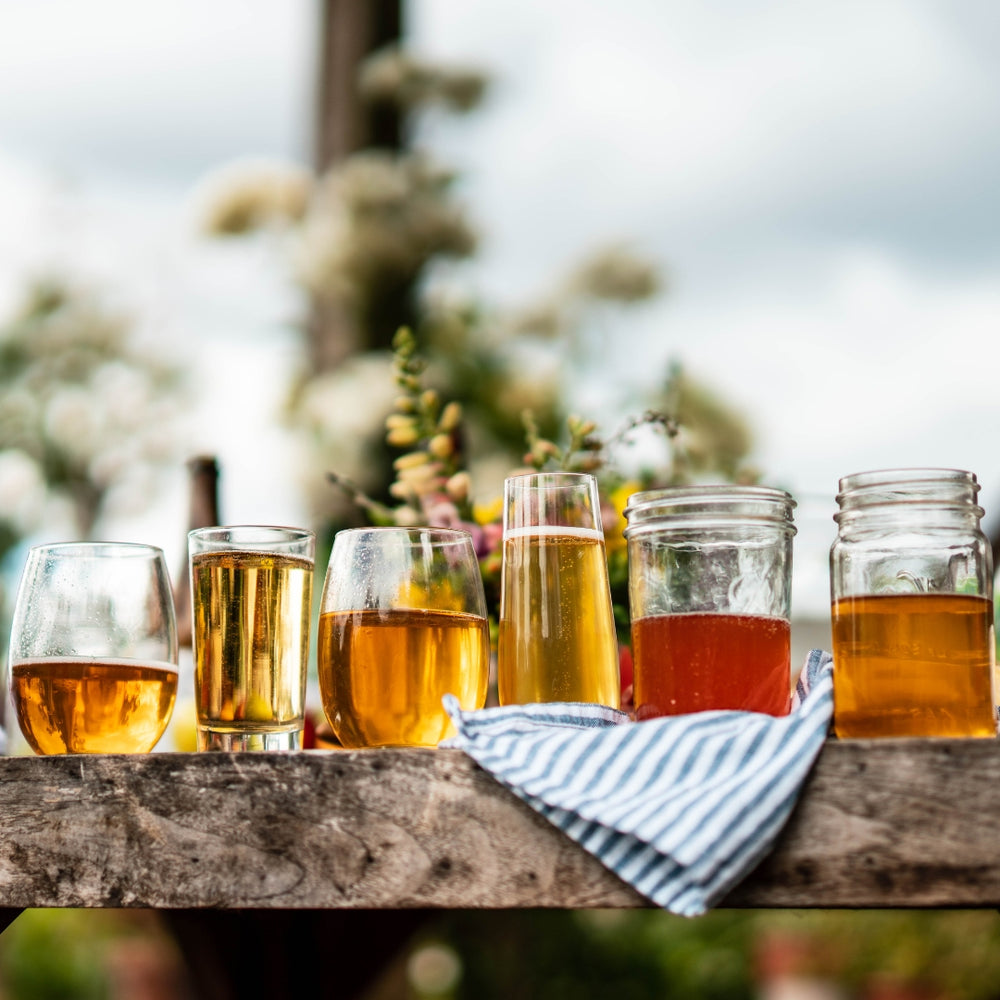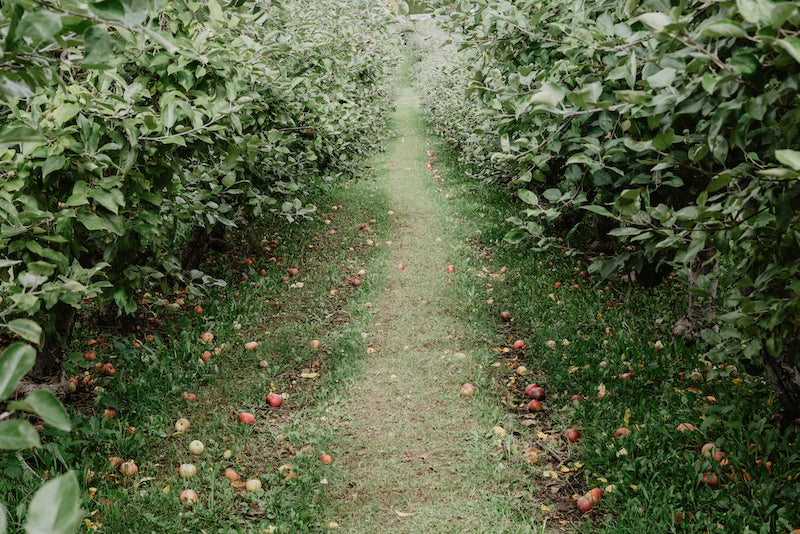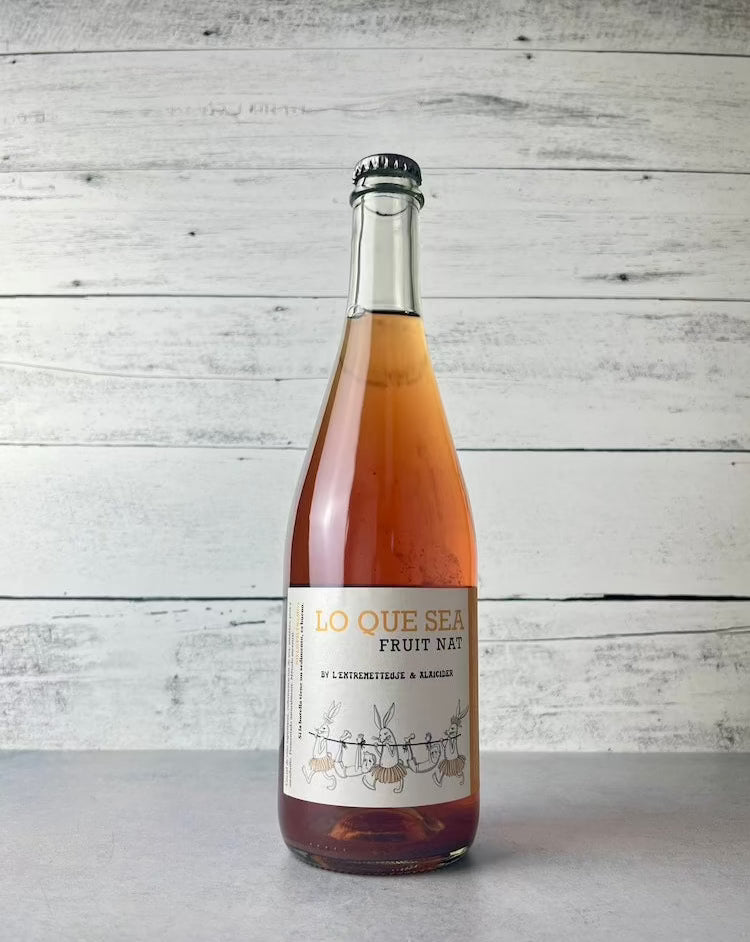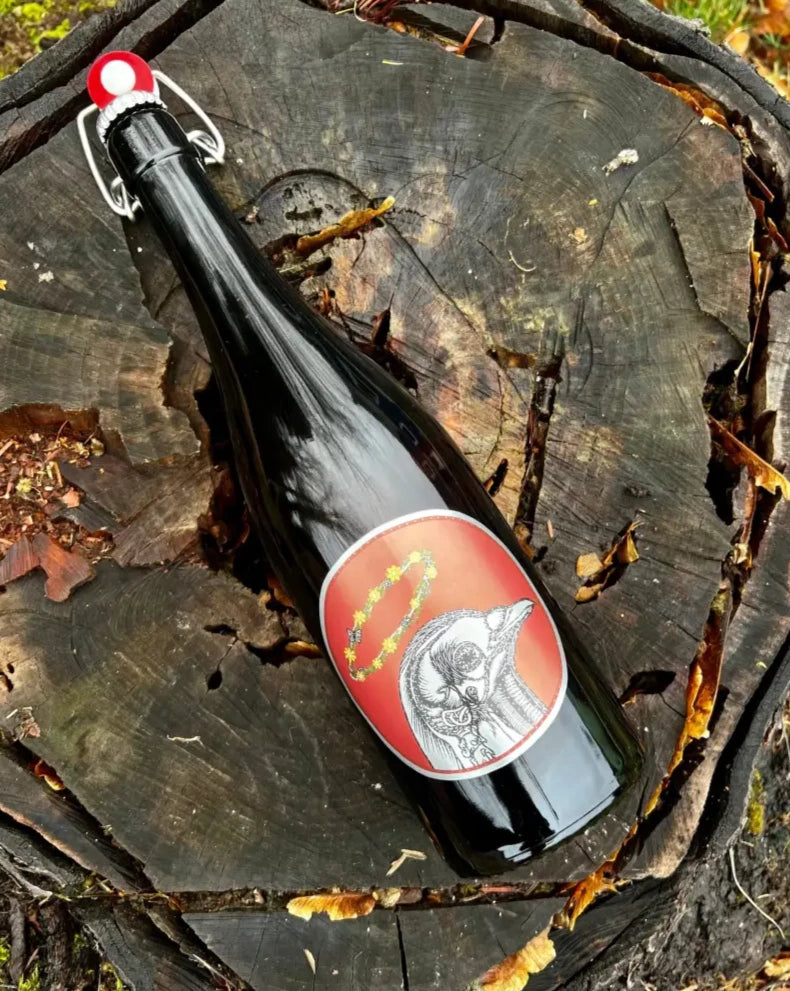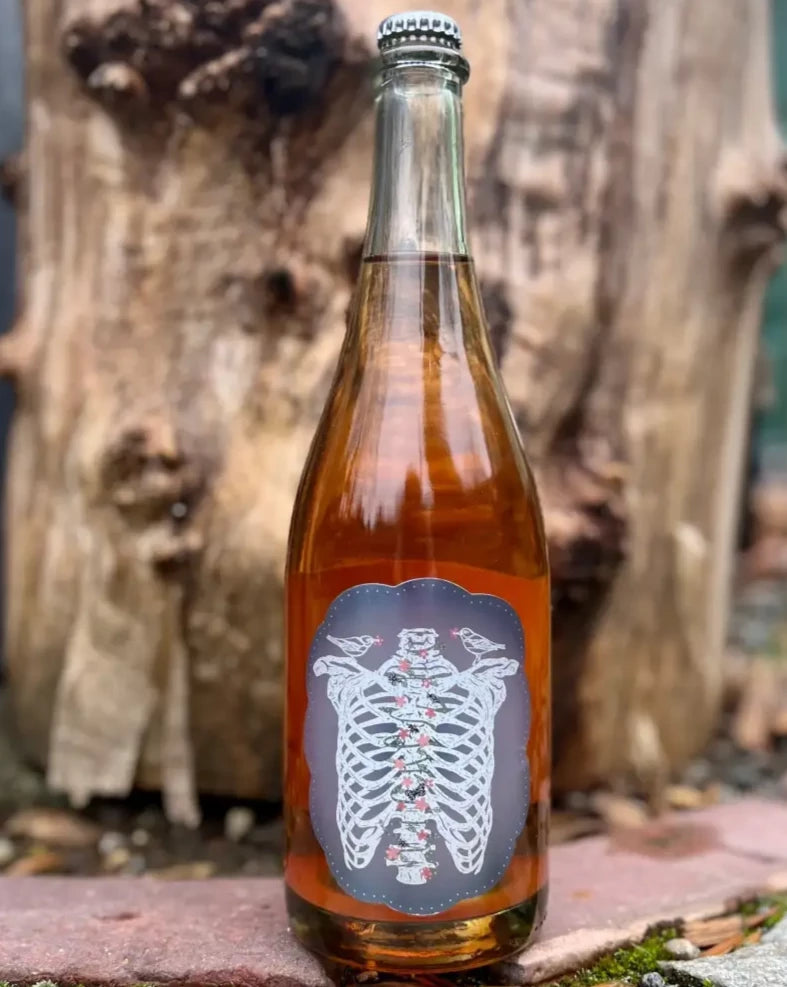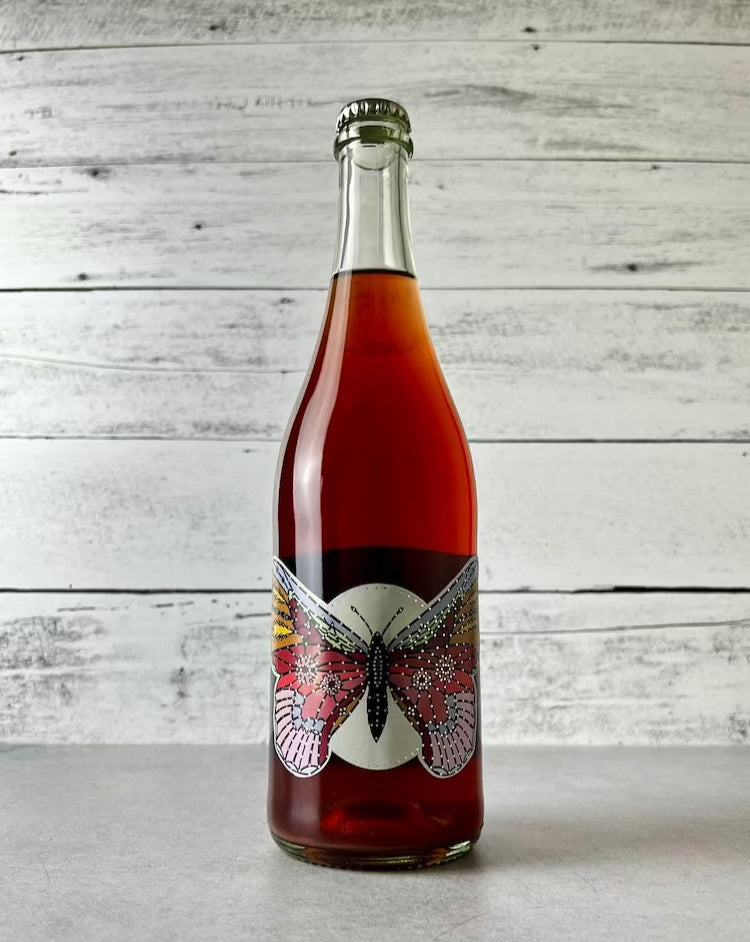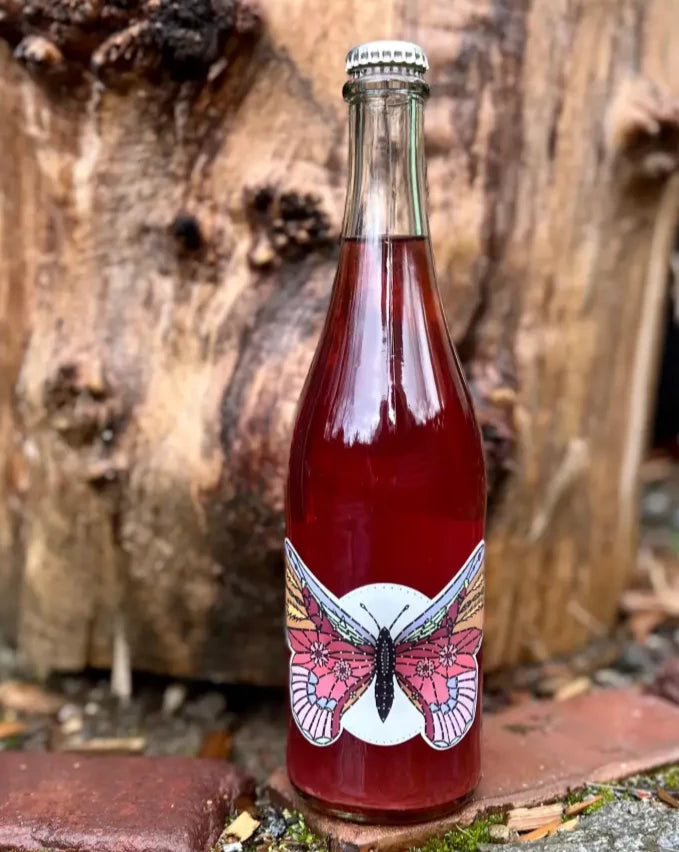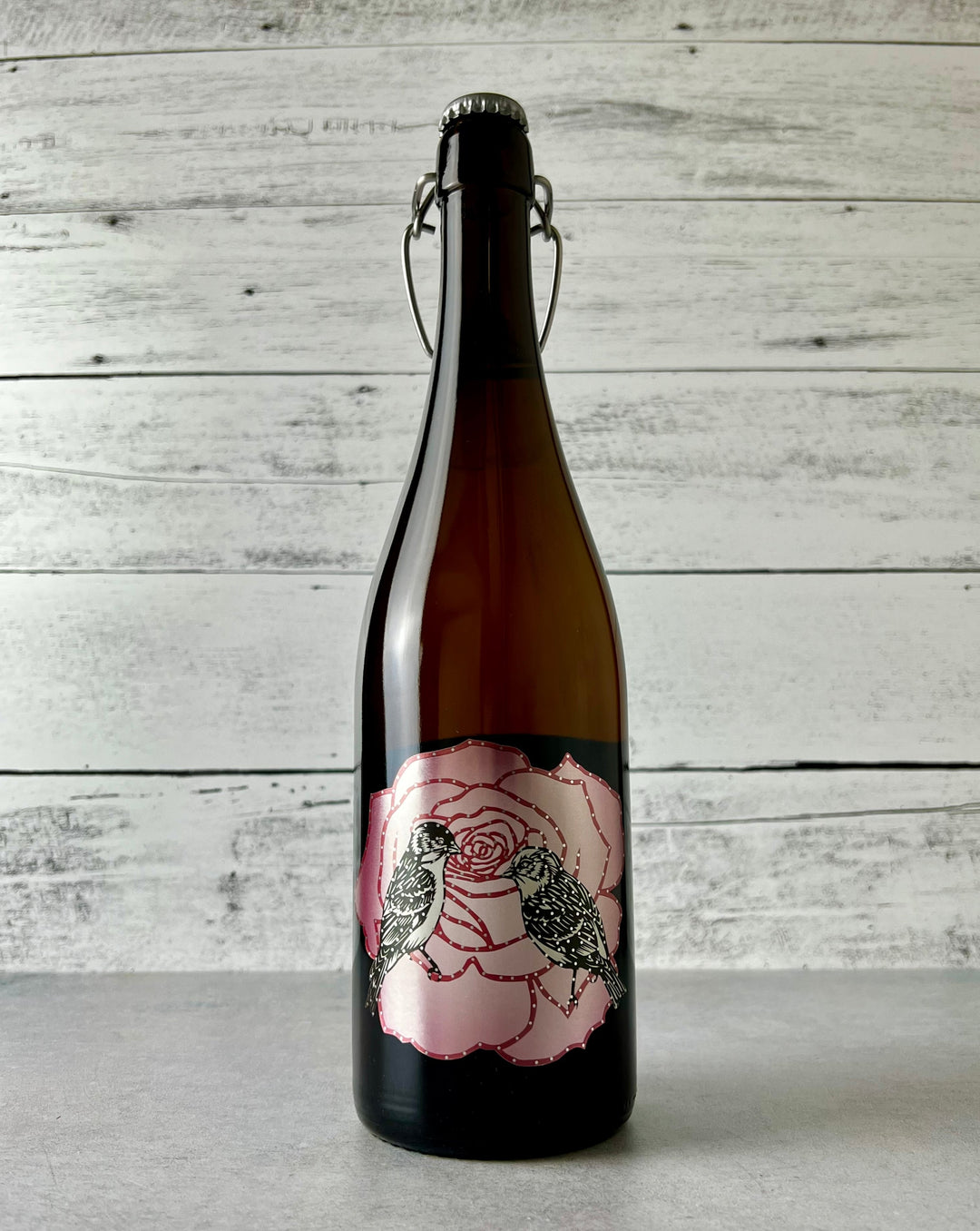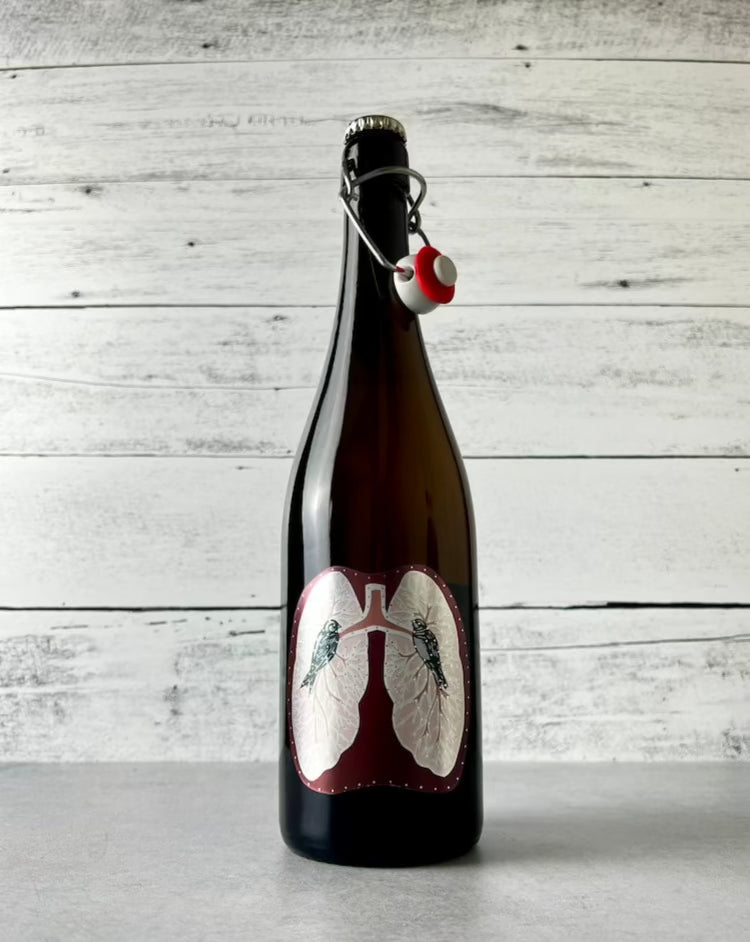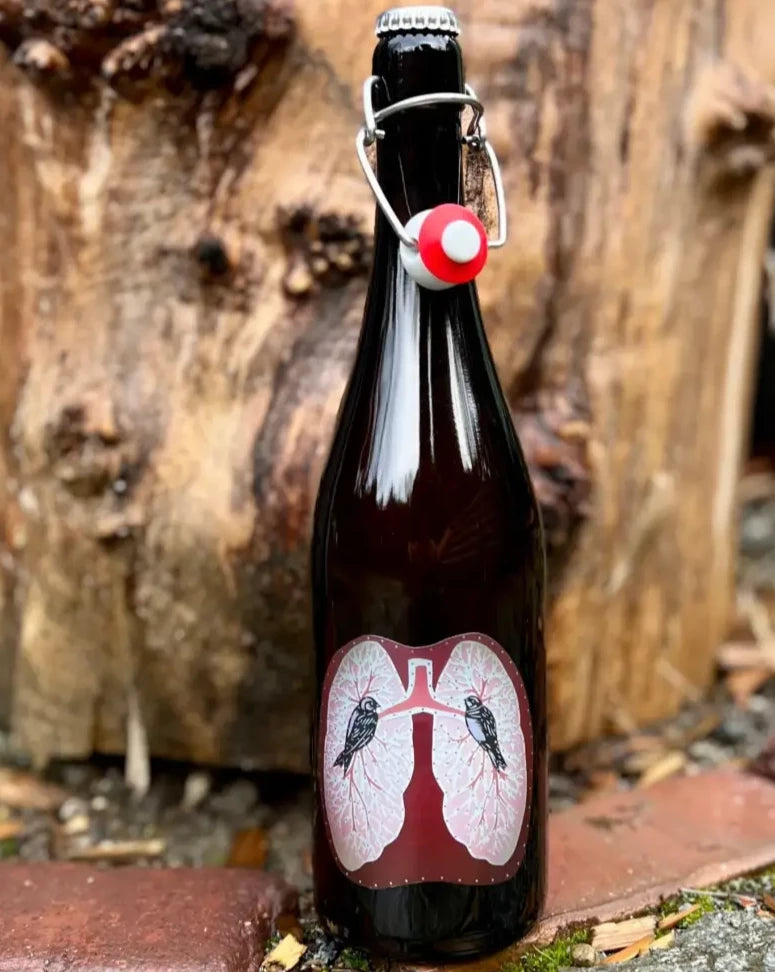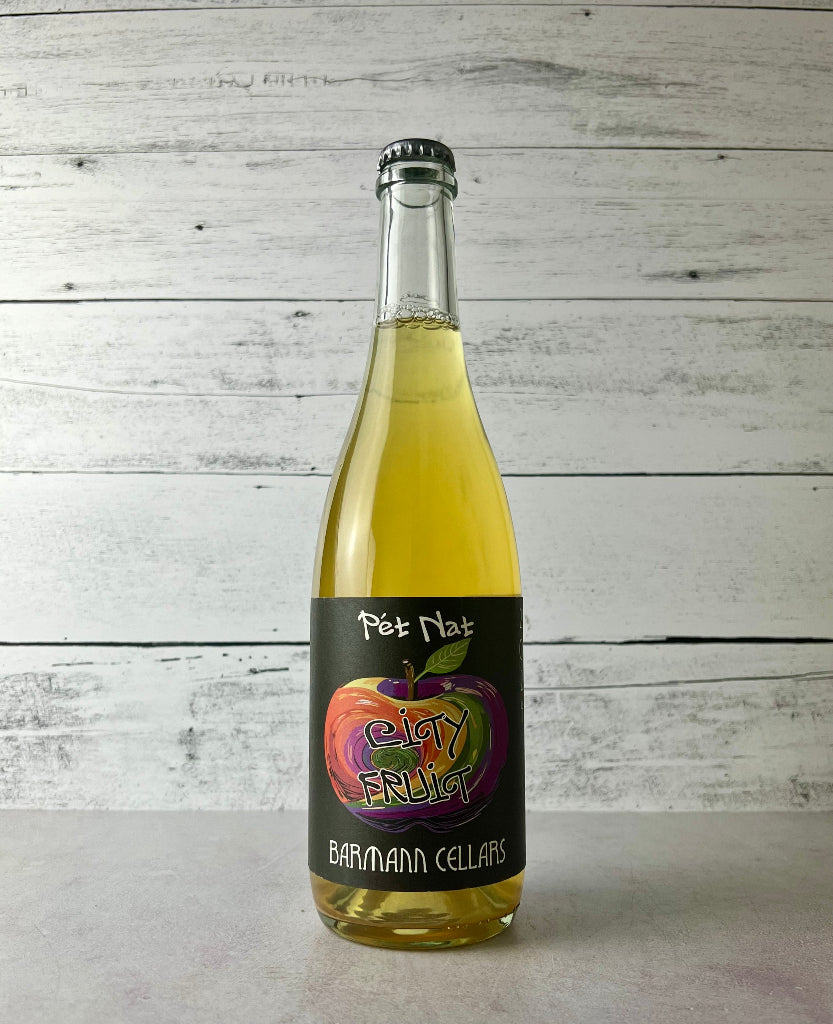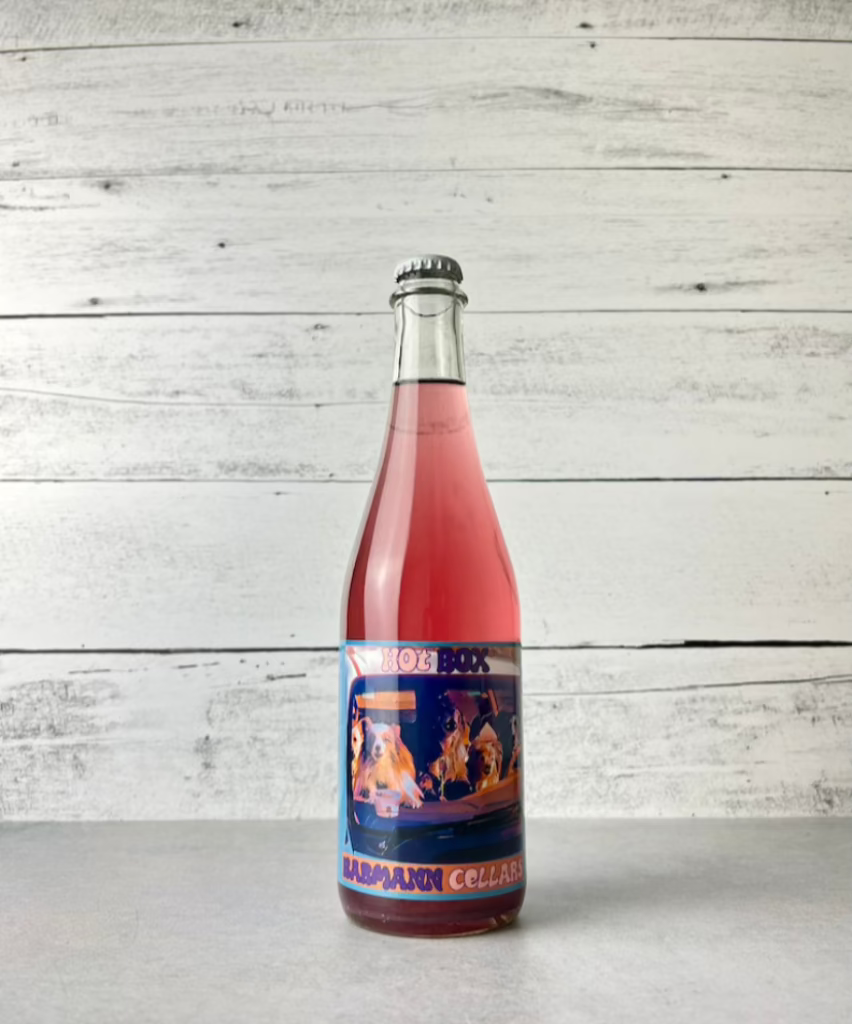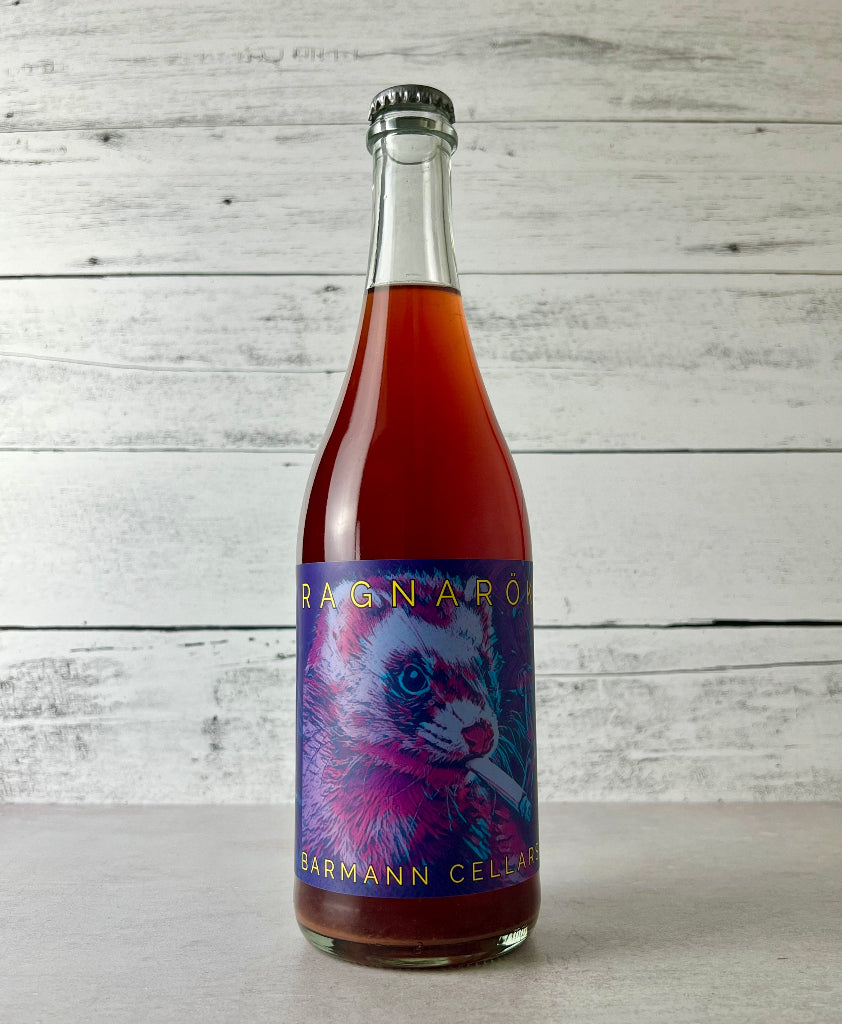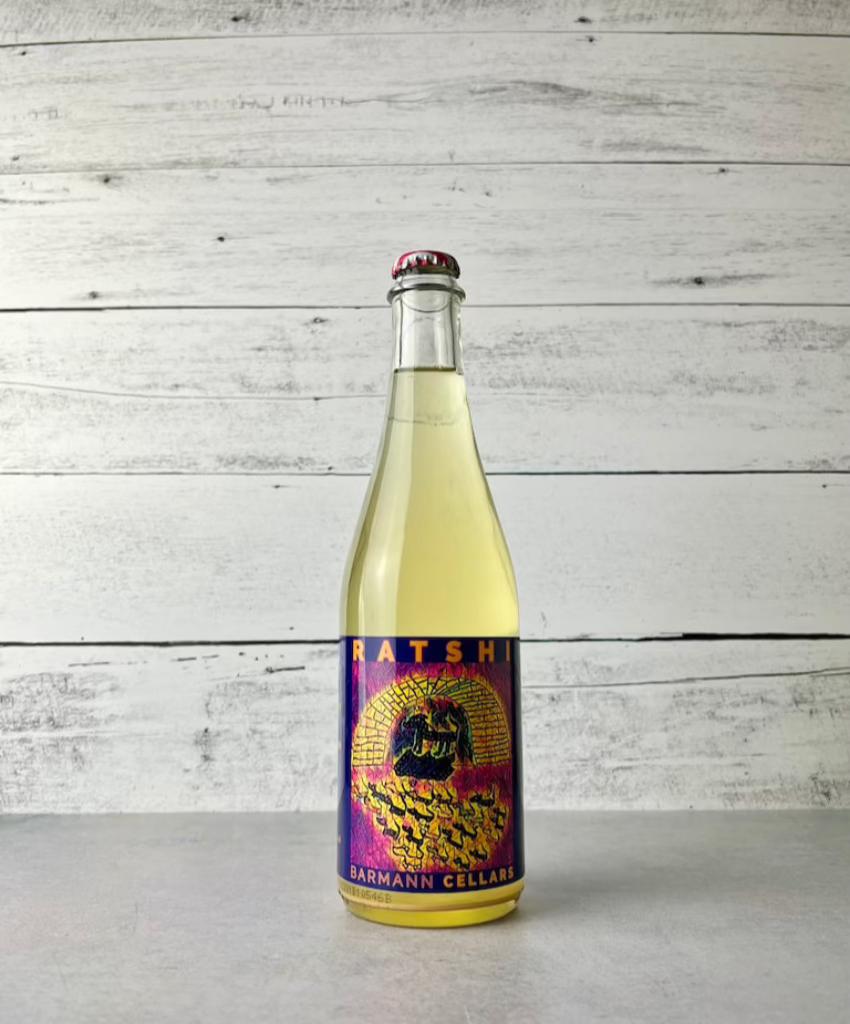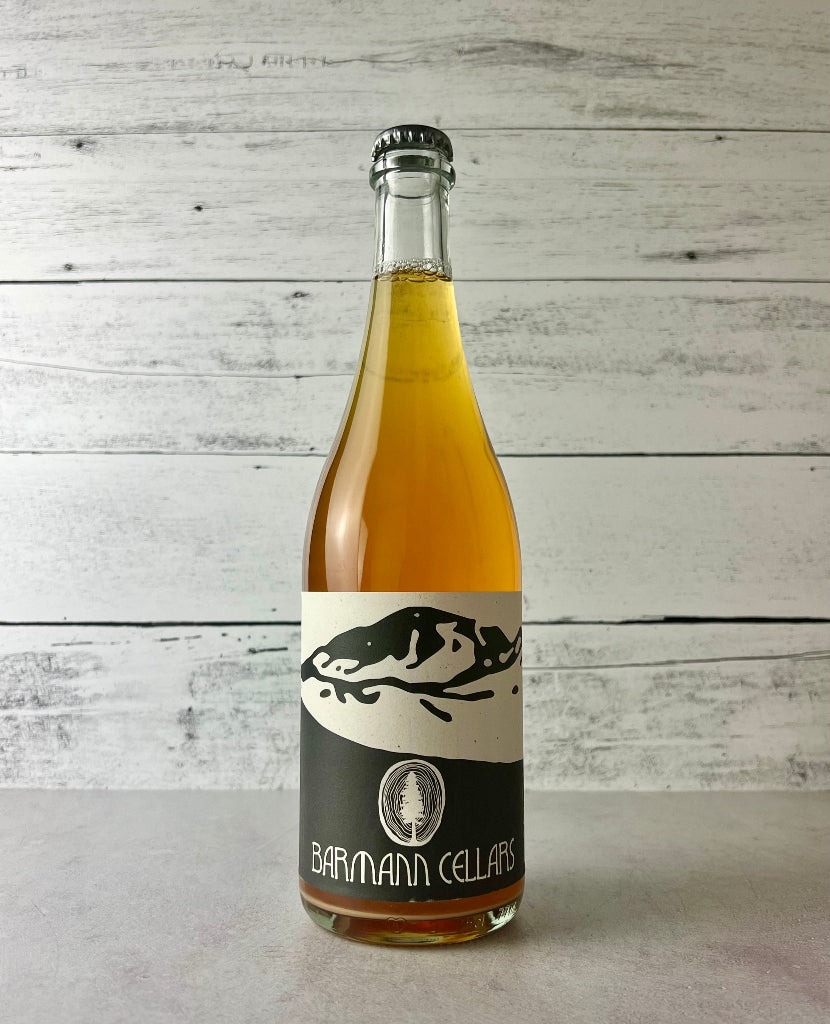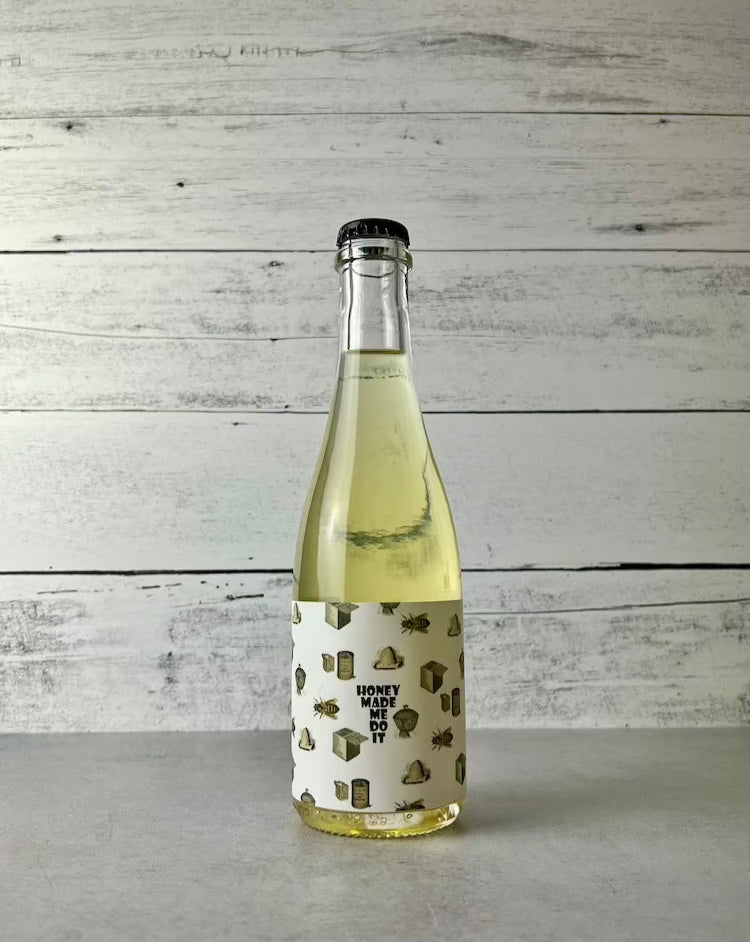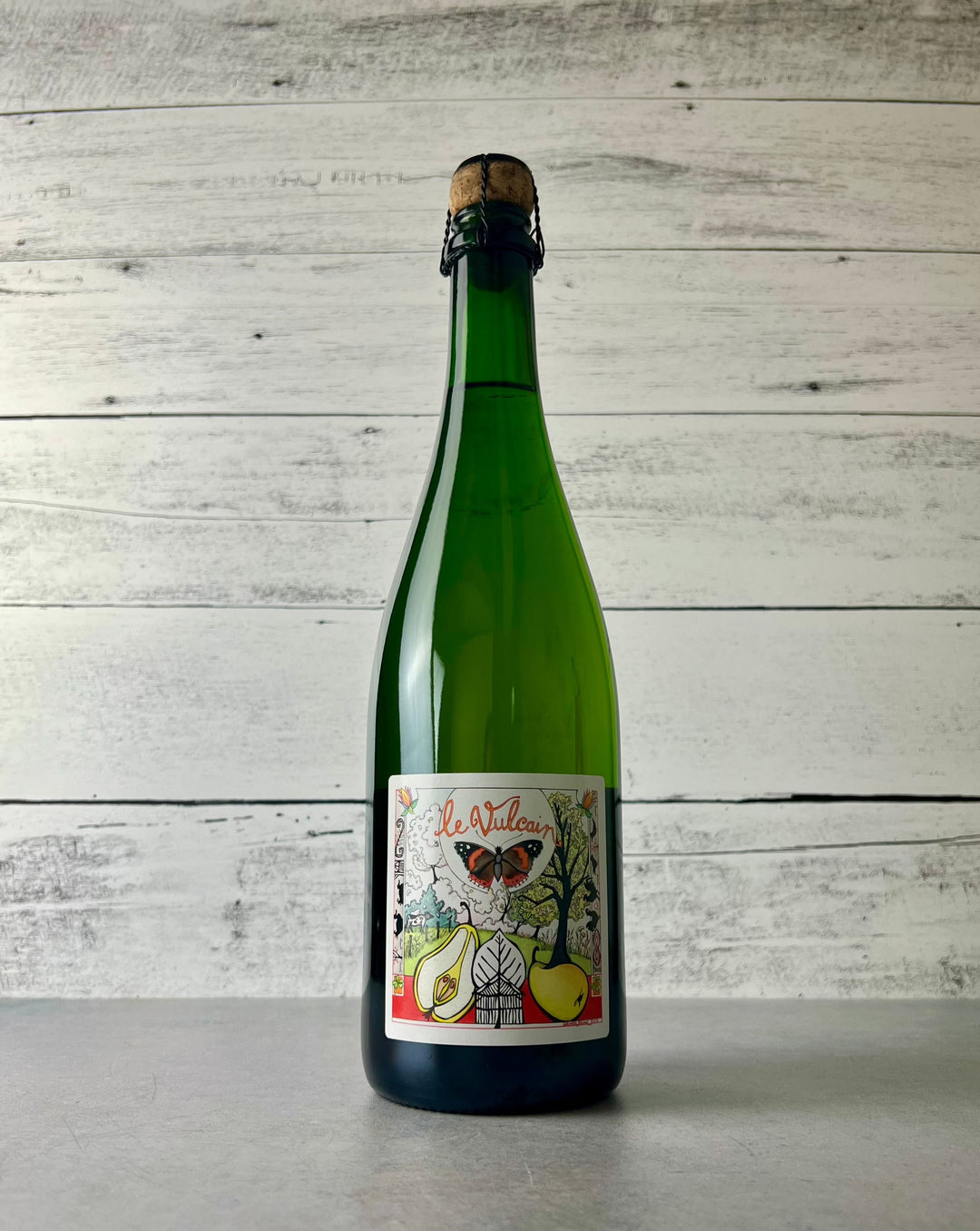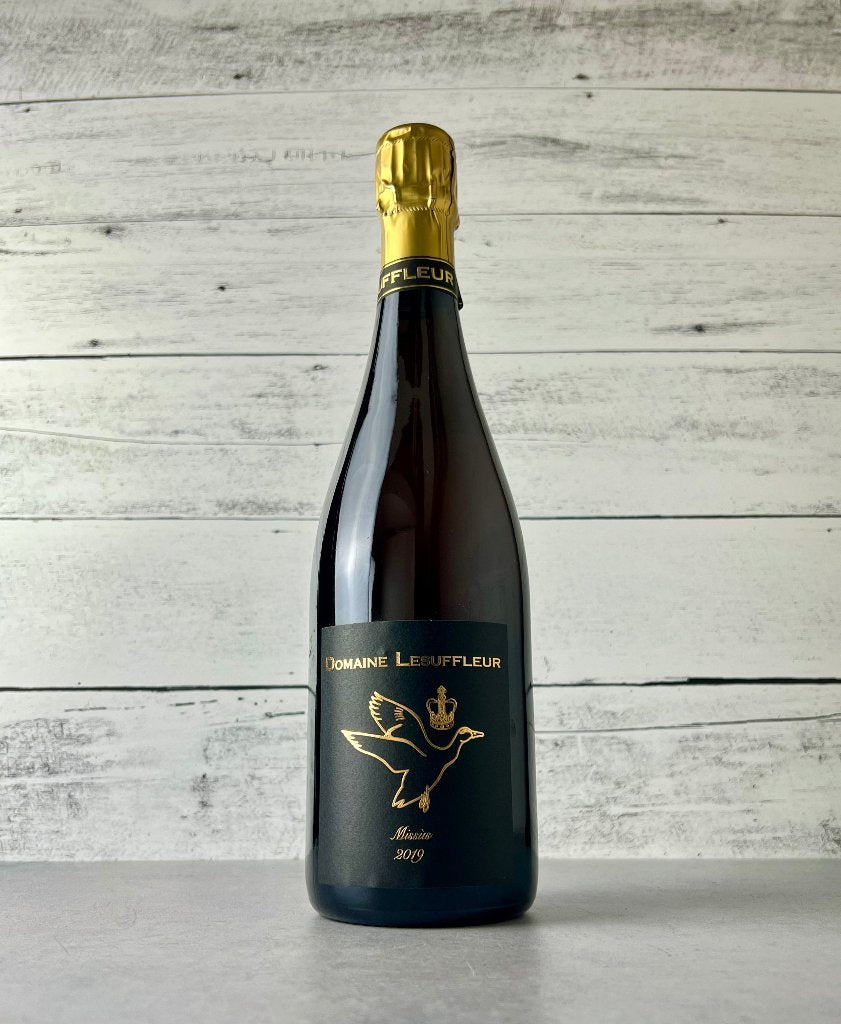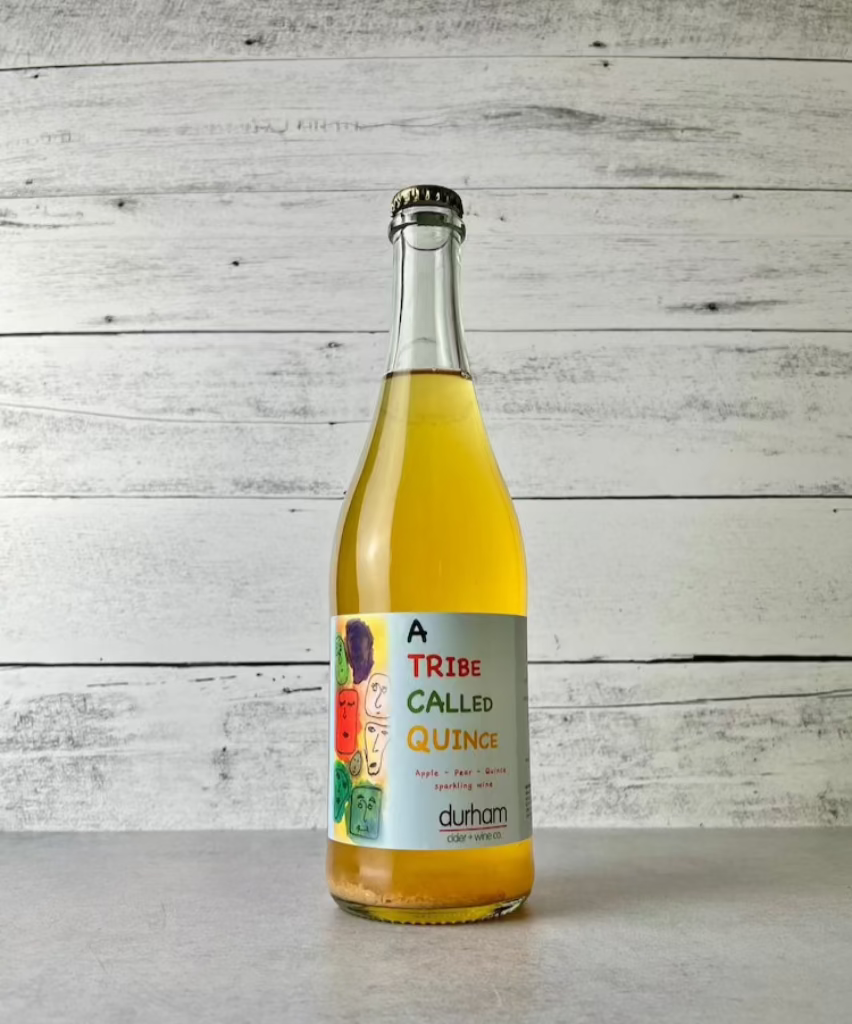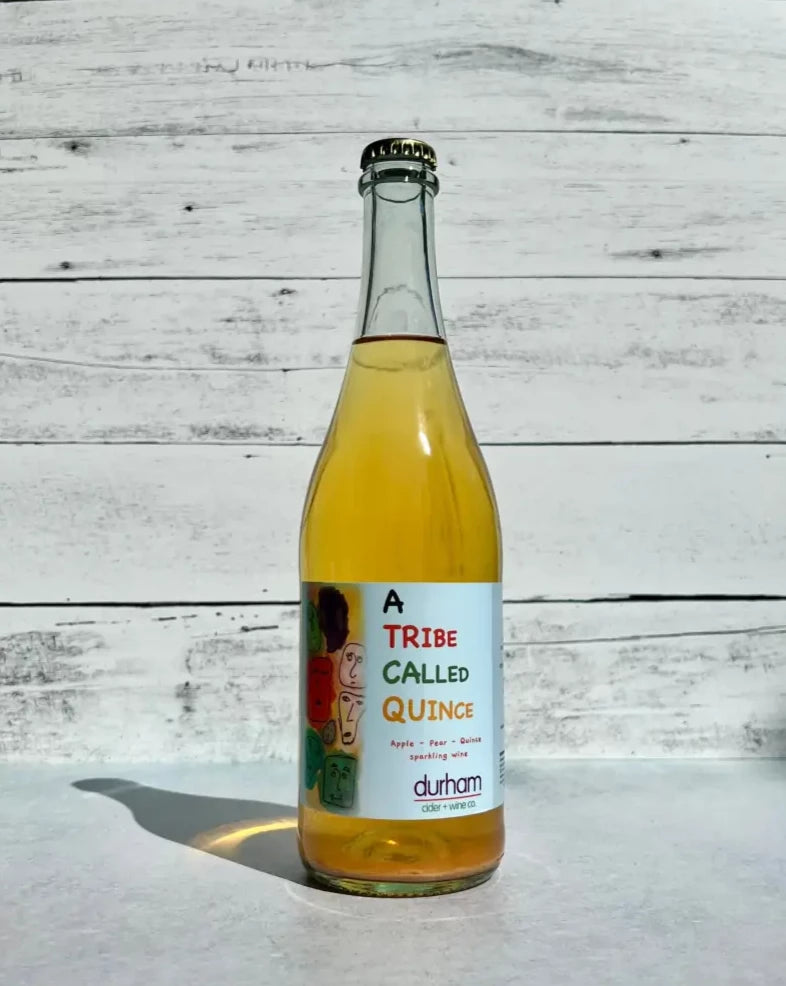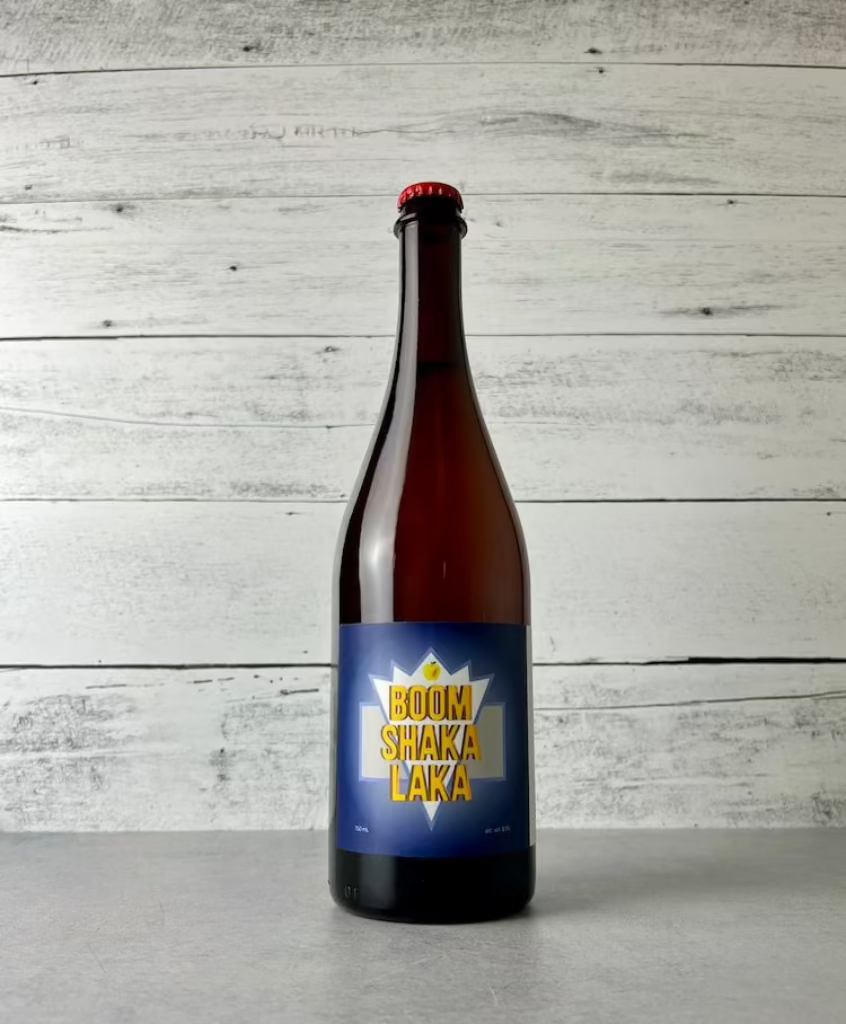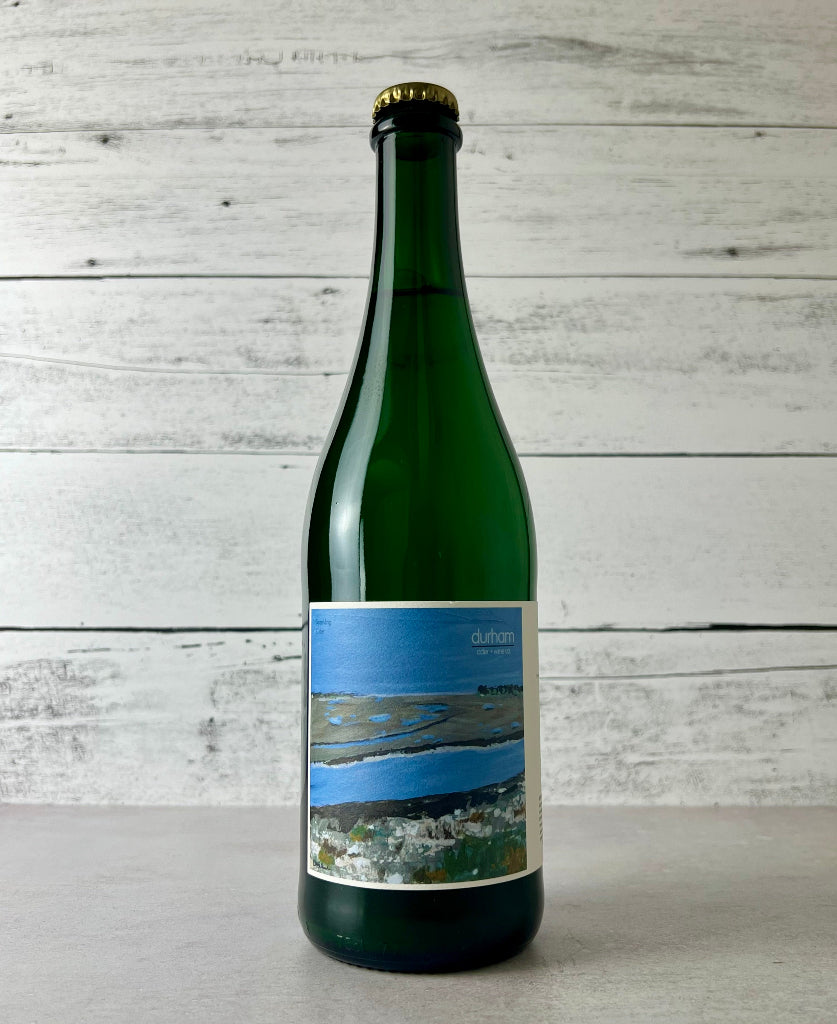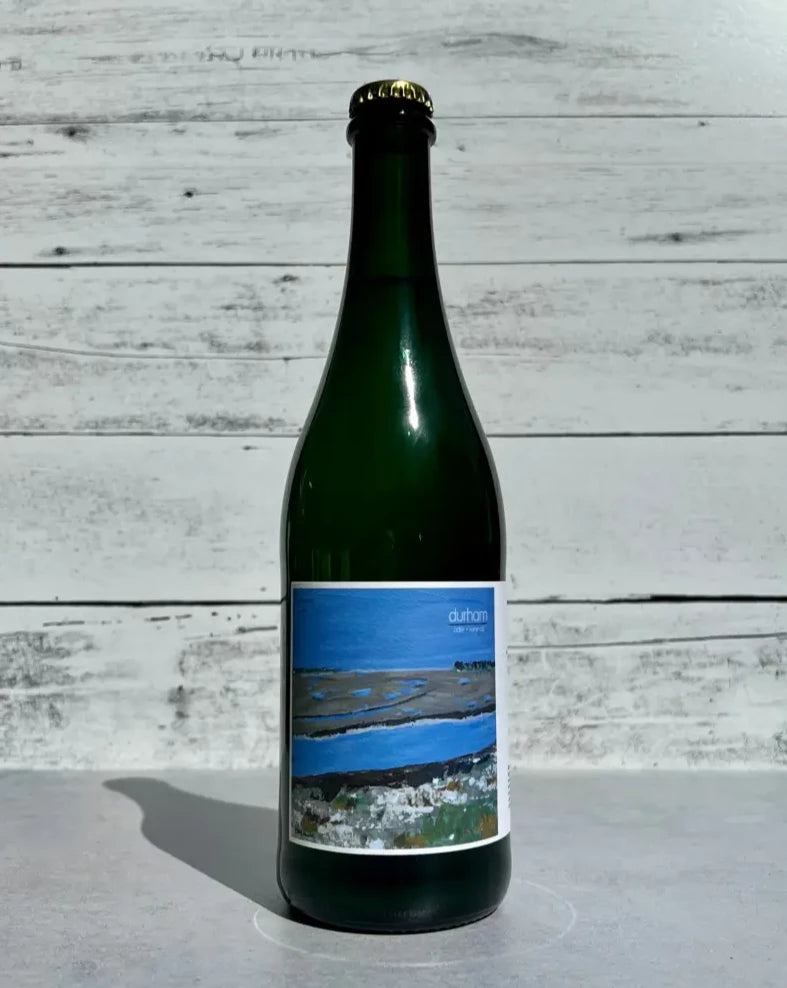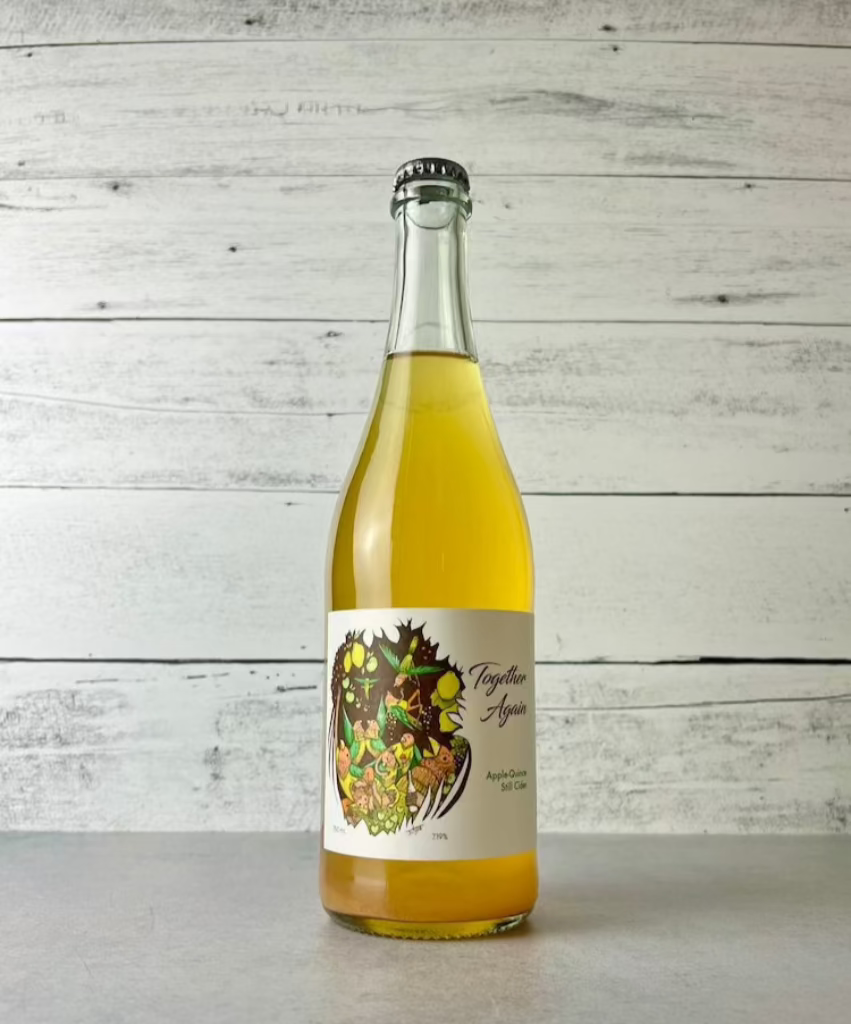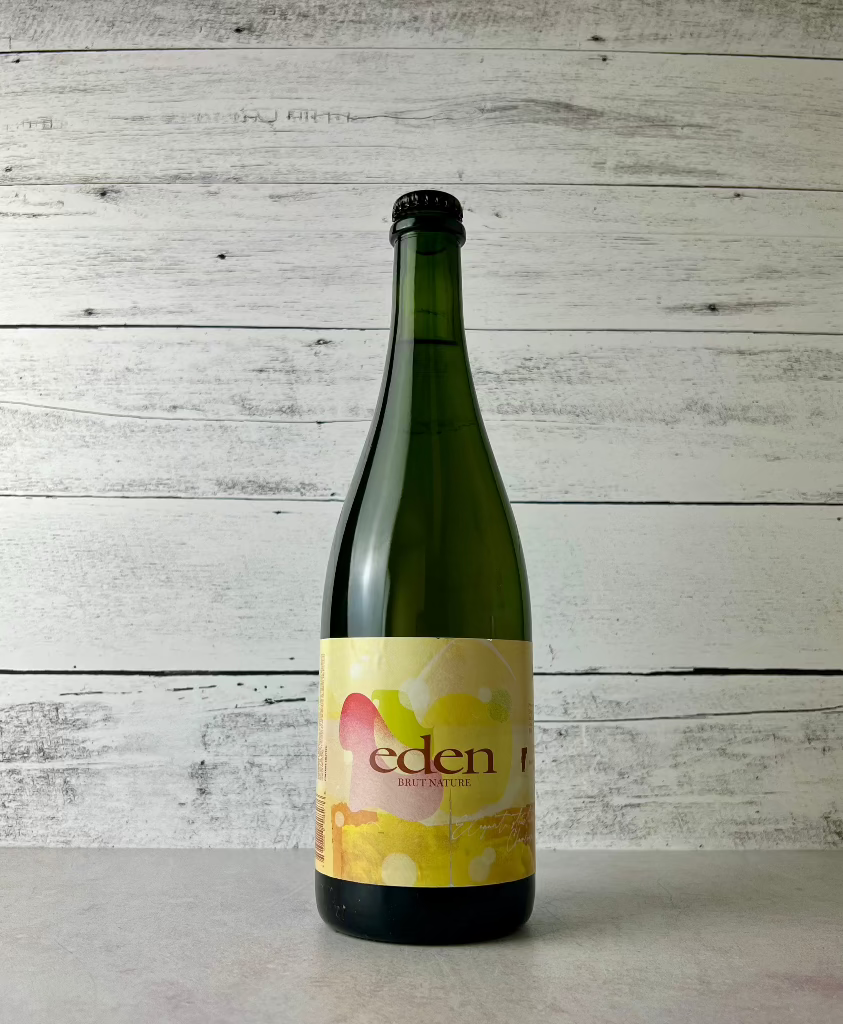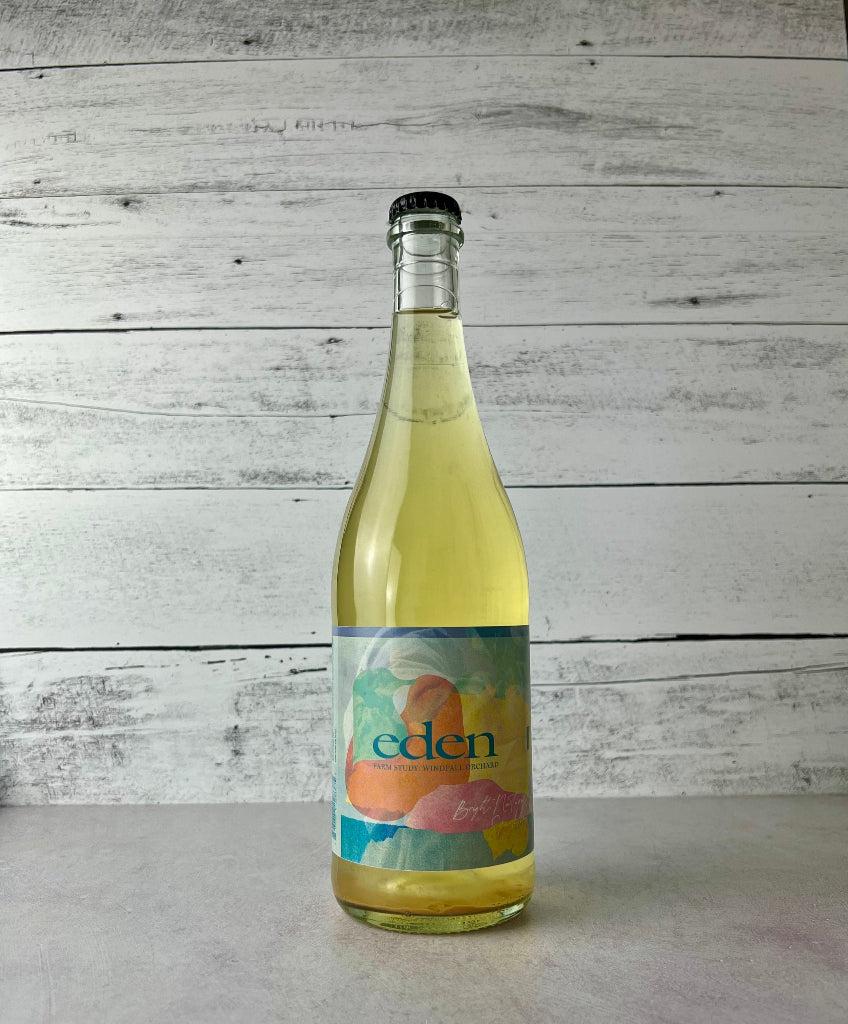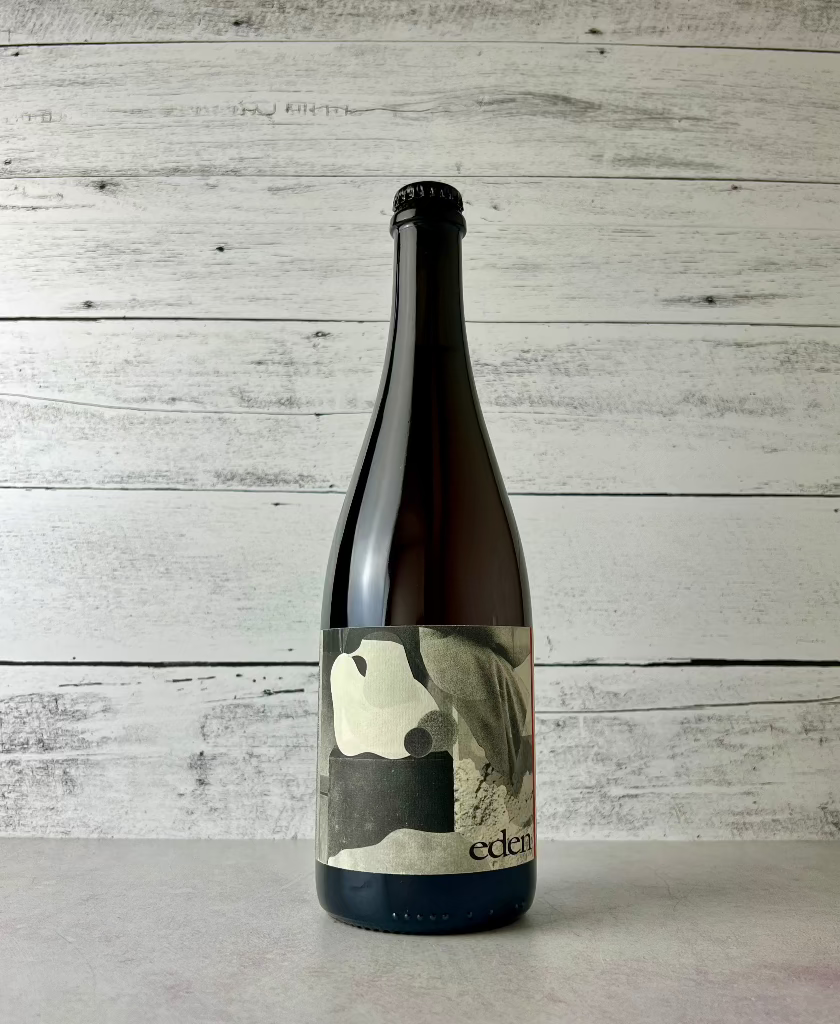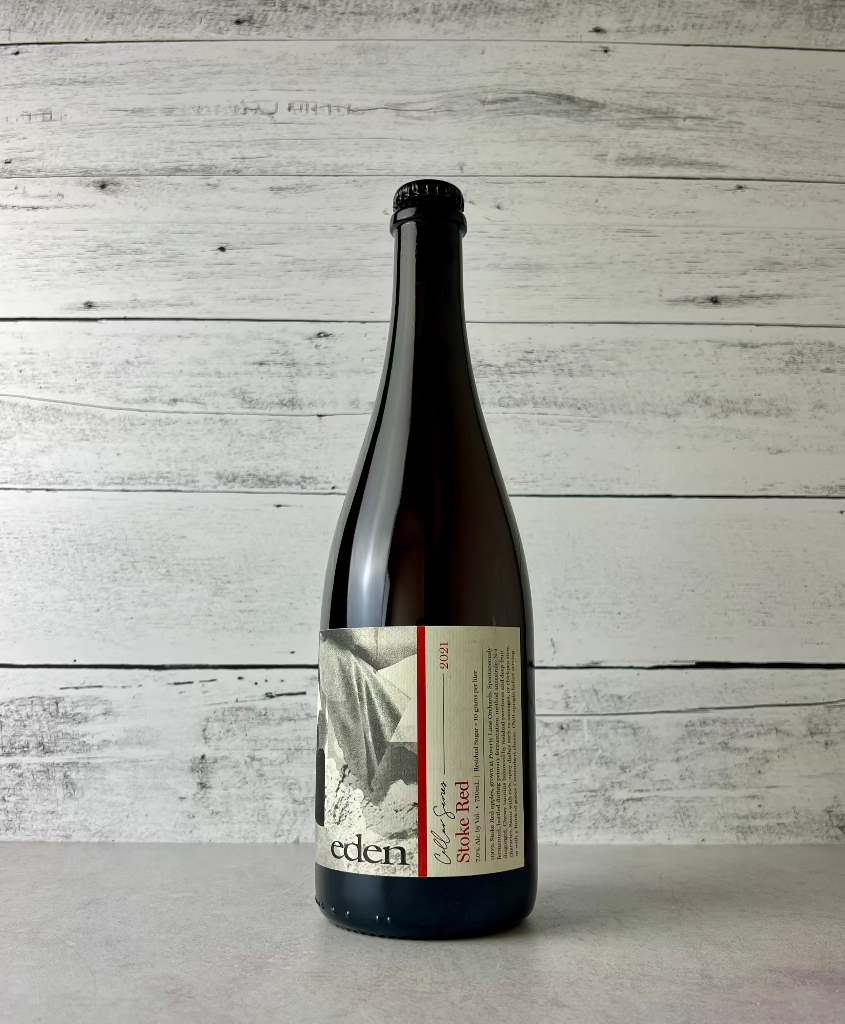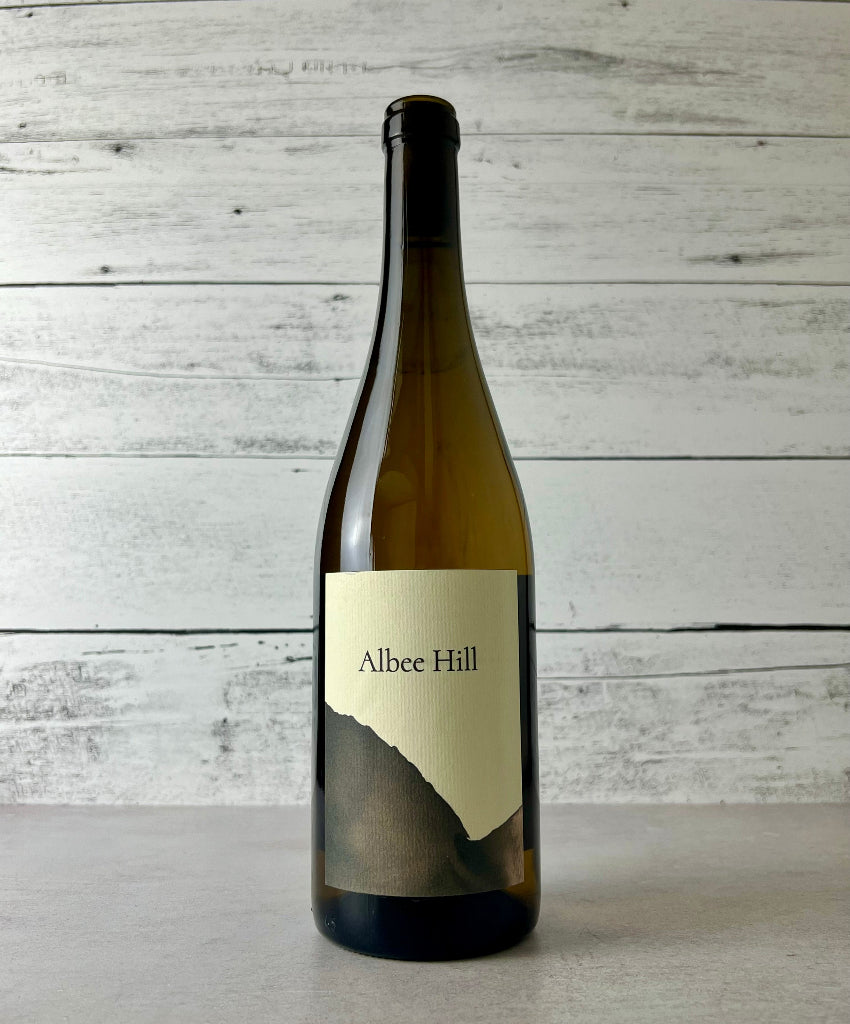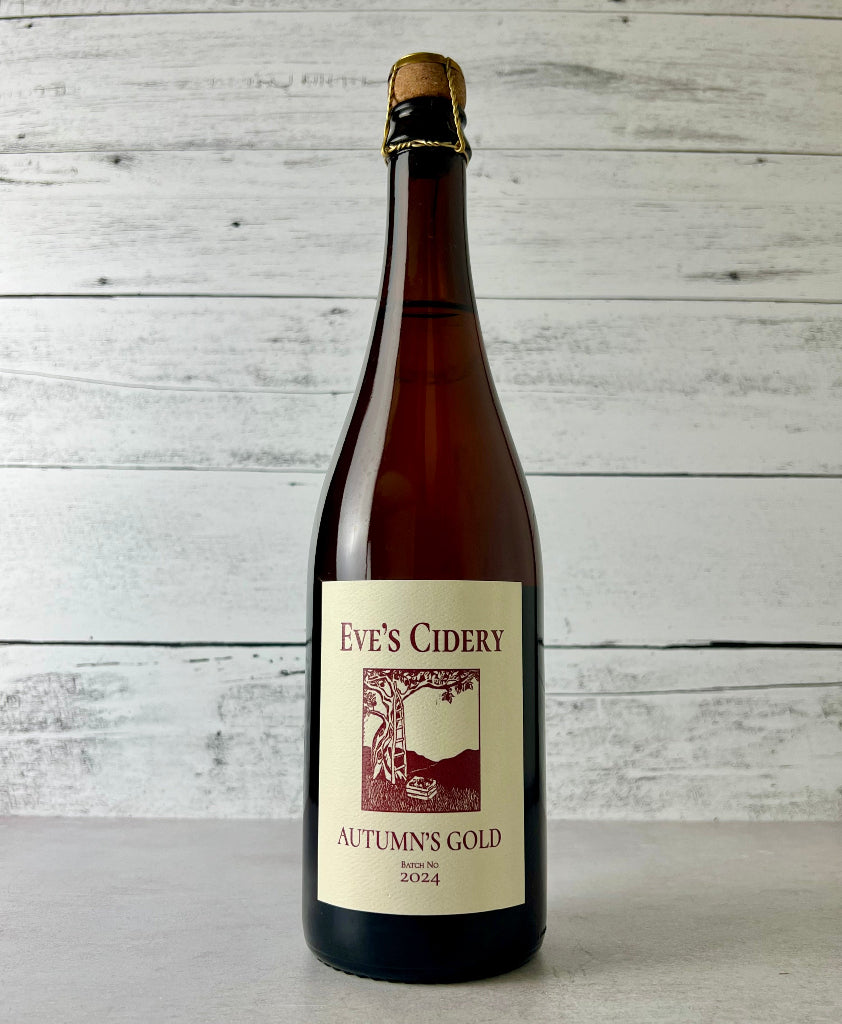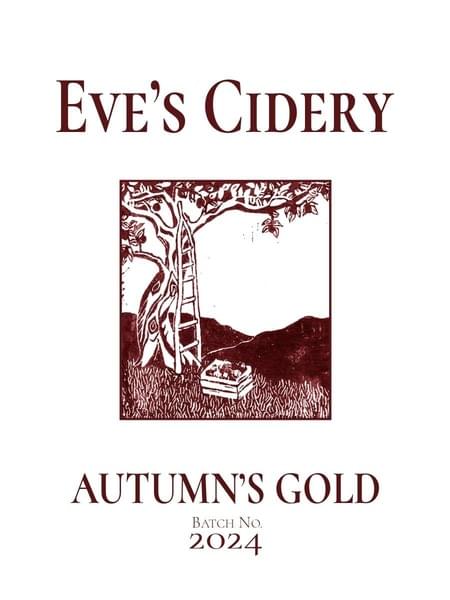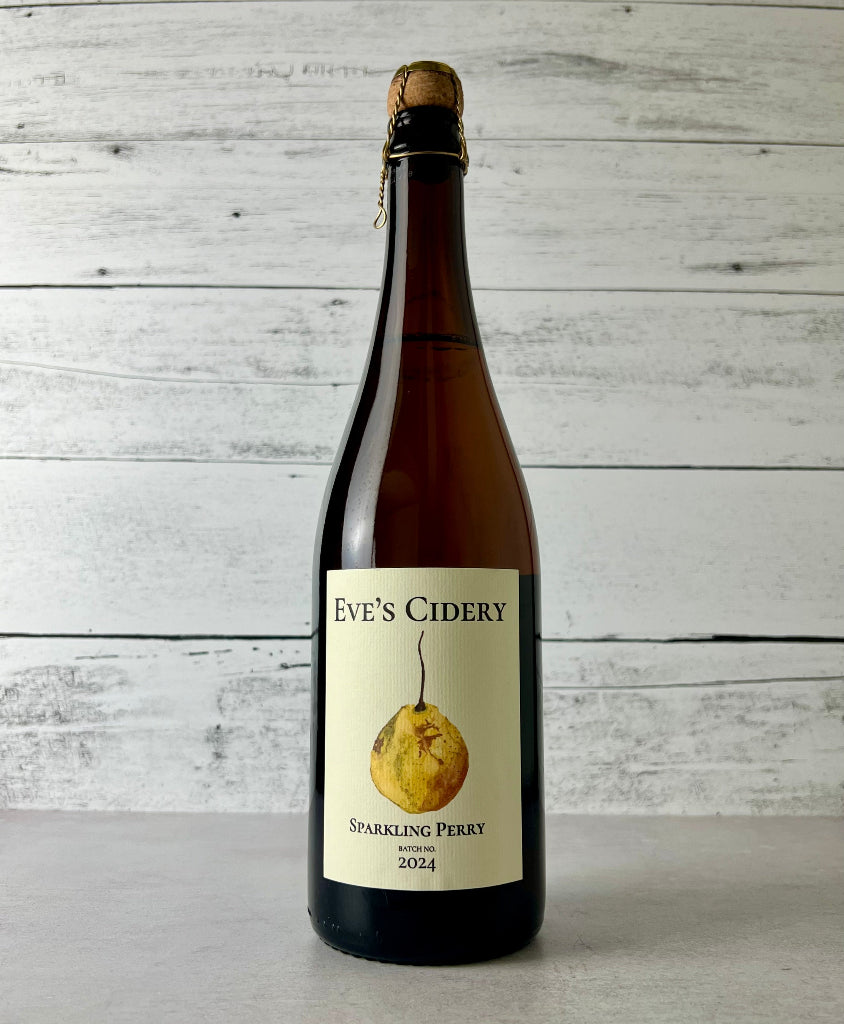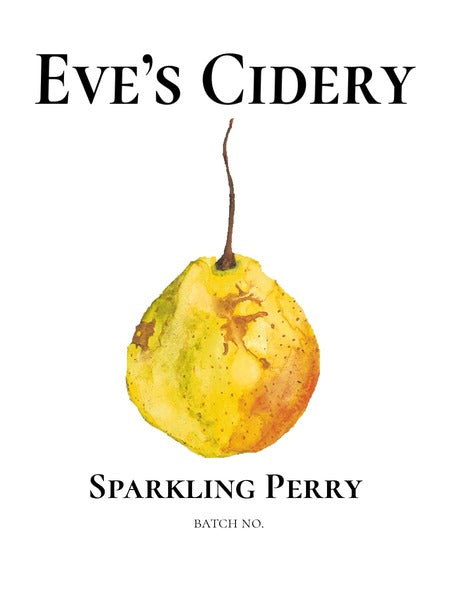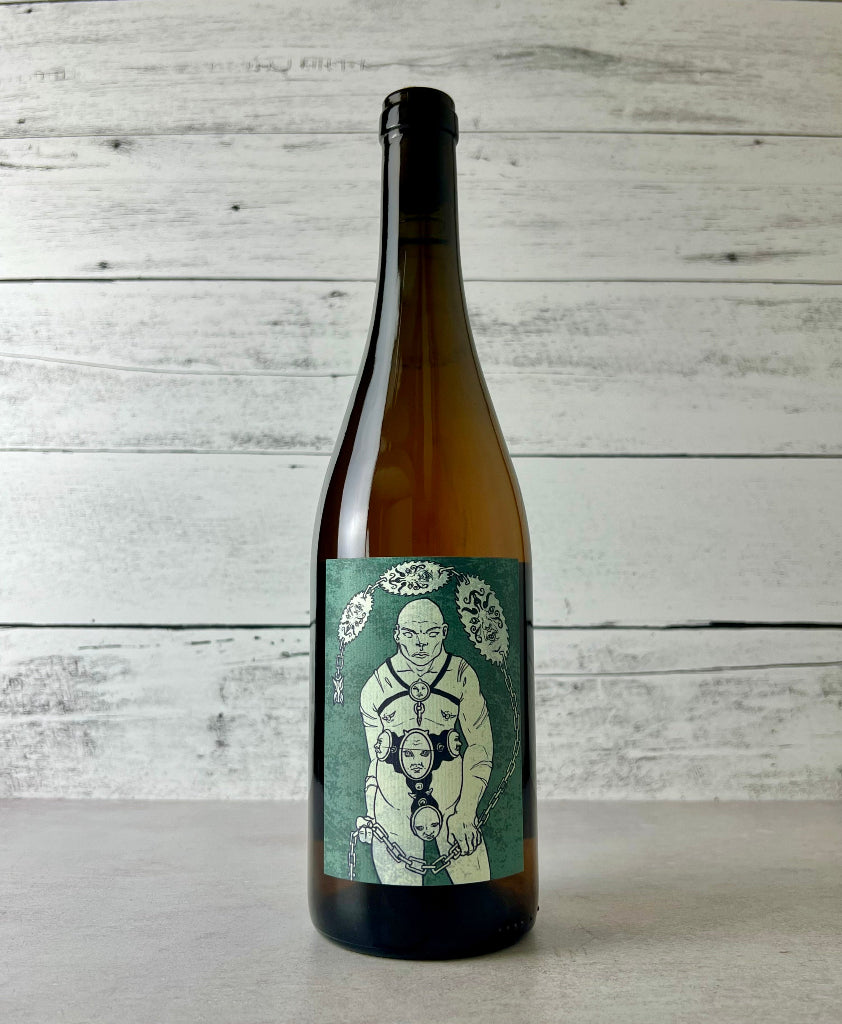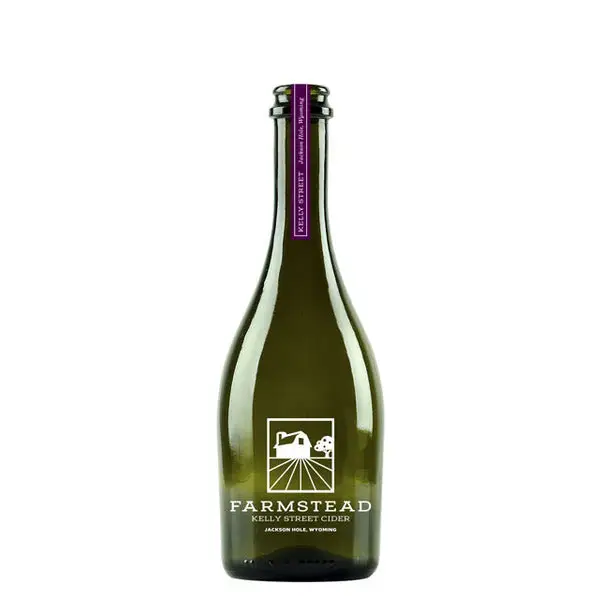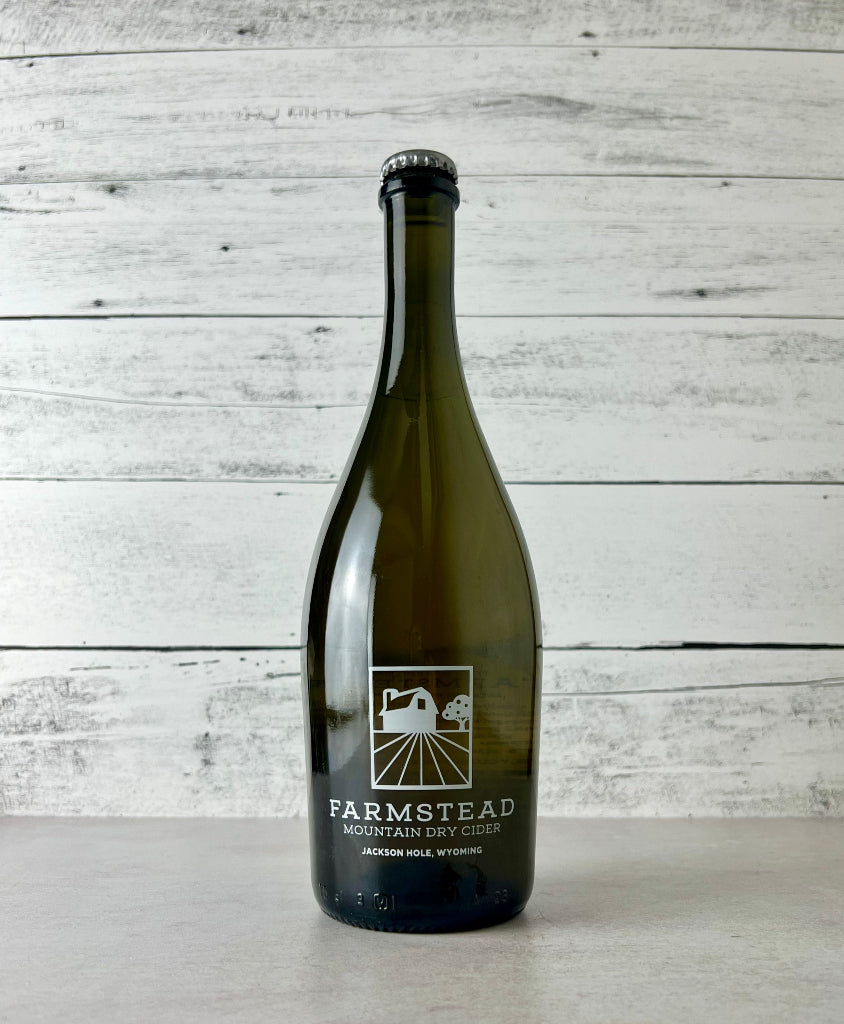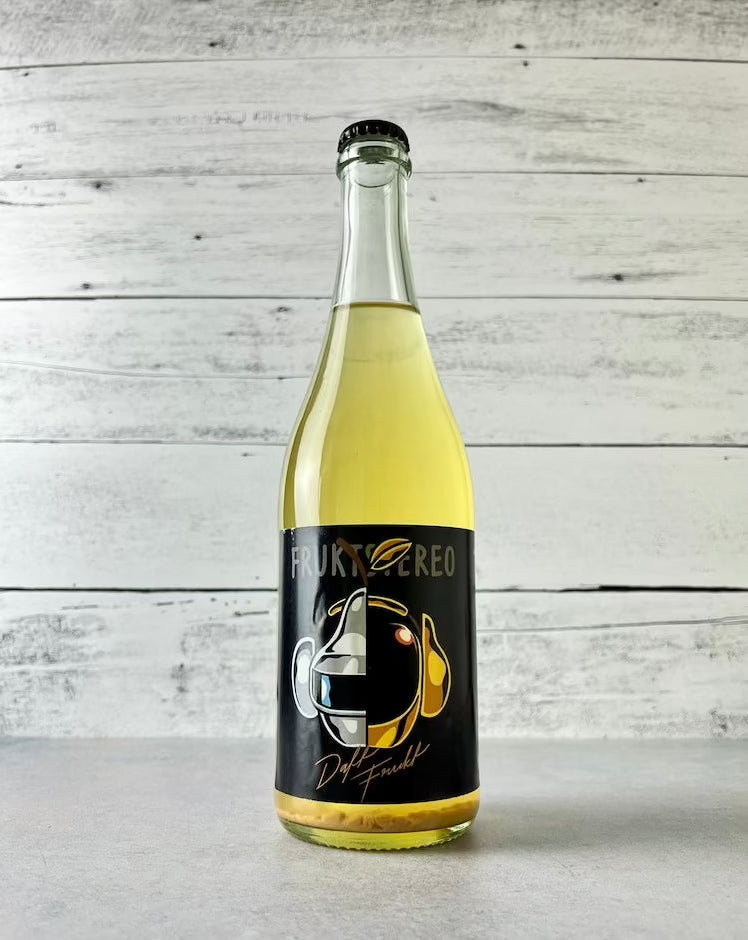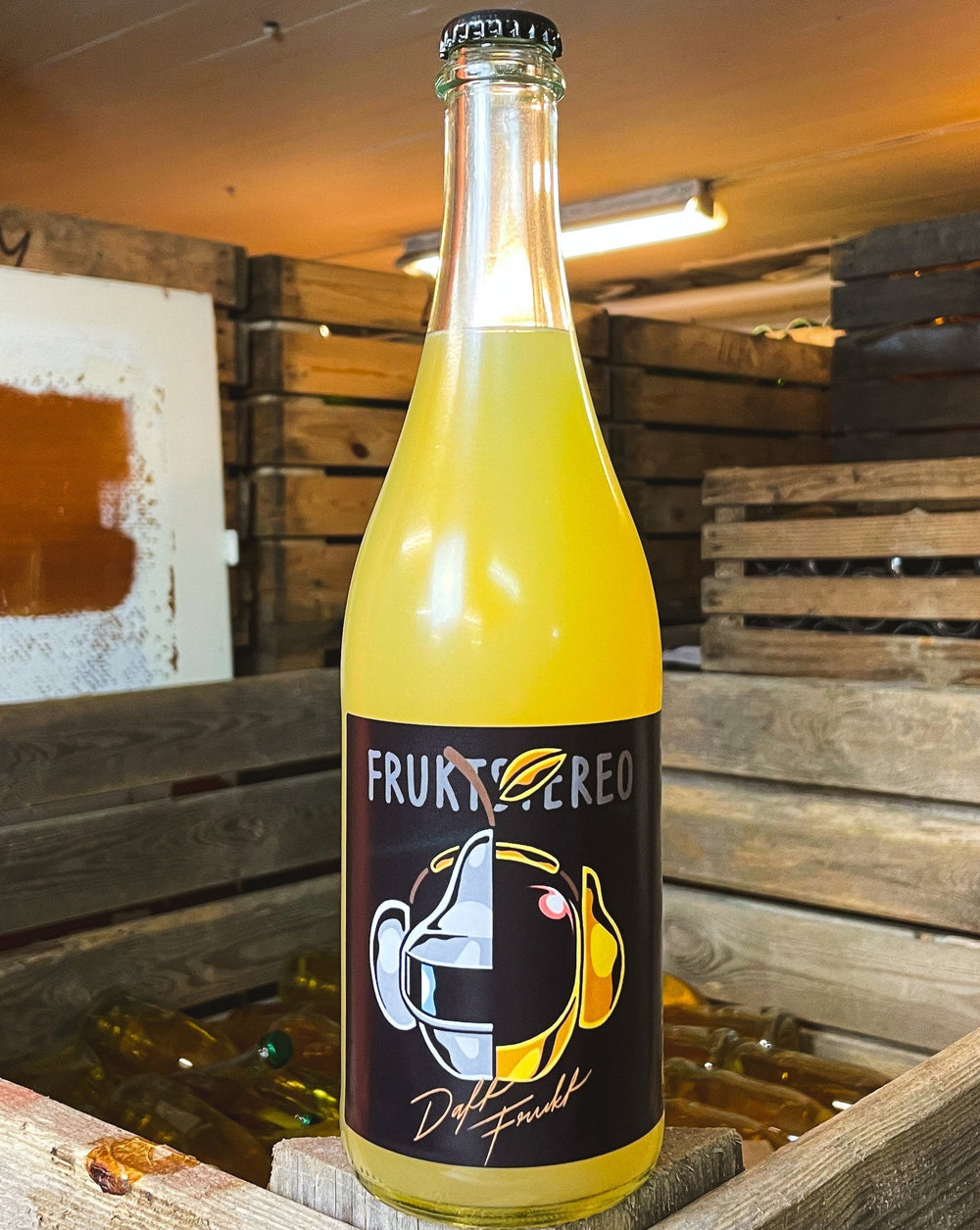
Natural Cider
What is Natural Cider?
Put simply, Natural Cider is cider made without anything added or removed during the cider making process. The only ingredients are typically apples and time, with limited or no intervention in the process by the cider maker. Fermented naturally (wild fermented) by the native yeast living on the fruit or in the cidery, without adding any commercial yeasts. Natural ciders are also free of any other additives - like the sugars, sulfites, artificial flavoring, preservatives, and other steps common in modern mass-produced ciders.
But defining Natural Cider isn't quite that simple...
Natural cider - like nearly any food & beverage product labeled "natural" - does not have a formal definition that is regulated by any government body. So on some level, what exactly is a natural cider depends on who you ask. Most would agree with the simple definition above, though opinions are split on some details. As natty wine and natural cider have become increasingly popular, we've had several conversations with wine and cider makers about the topic - here are some notes that more or less everybody with an opinion on the topic would agree upon:
- Natural cider is more about the processes used (or not used) in cider making. It's not necessarily a style of cider, and the flavor profile of natural ciders will vary widely depending on many factors. The common denominator is on low intervention in the cider making process, not necessarily how the cider tastes.
- What does Zero/Zero mean on a wine or cider label? Most commonly this is understood as nothing added, and nothing removed. Nothing added commonly refers to no added yeast, sweeteners, flavoring, preservatives, fining agents, etc. Nothing removed refers to no filtering or pasteurizing of the finished cider. (Zero/Zero is also often seen on labels or wine descriptions as 0/0 or Ø/Ø). Some orchardists and cider makers describe zero-zero as nothing artificial or inorganic applied to the fruit growing practices or to the cider making practices. We've also seen some ciders labeled as zero-zero-zero, which we interpret as all of the above (organic fruit, nothing added, nothing removed).
- No added yeast: Natural cider must be fermented naturally, meaning the native yeast living on the fruit or in the cidery environment will ferment the juice (aka wild ferment). This differs from virtually all mass-produced commercial cider that are adding yeasts to juice that are propagated and lab designed for cider, beer, and wine fermentation. Some cider makers will propagate and grow their own "house yeast" from their wild yeast fermentations and still consider it natural cider (this isn't necessarily agreed upon by all).
- No added preservatives or fining agents - common examples: sulfites (which naturally occur in all alcoholic fermentation) are a preservative that may be added to cider during fermentation or prior to bottling to prevent off-flavors from the yeast still living in the cider. Velcorin is another microbial control agent used to preserve many beverages as shelf-stable (extremely rare in most of the ciders we carry as it's only affordable by bigger brands, which we do not carry). Fining agents are additives that can be used in wine or cider making to clarify the beverage. For example, bentonite clay can be added to bind hazy particles suspended in a cider from yeast, tannins, pectins, etc. and drop them out of the beverage, the sediment can then be removed.
-
Other Fruits: Natural Cider and Natural Wine can be a blurry line based on the fruit used to make a cider. Applying natural wine philosophies to making a co-ferment of apples and other fruits is widely (or at least by us) still considered natural cider - even if the ingredients aren't "just apples". Especially in the case of co-ferments of apples with other pome fruits like pears or quince that are widely considered "cider" and not wine. Beyond that, there's a significant different between co-fermenting various fruits and their juices and the "flavoring" process that is common in large scale, commercial cider production practices that are the antithesis of natural cider.
- Carbonation methods: There is some debate about carbonation methods amongst natural wine and natural cider folks. The majority of people we've spoken to believe any method of carbonation can be applied to natural cider, including force carbonation by adding C02. The most dogmatic views on natural cider will suggest natural ciders can only be still (uncarbonated) or if sparkling, must be via the Pét Nat (pétillant naturel) method. We are not dogmatic about this, so the ciders in this collection may include some force carbonated ciders.
- 🇪🇸 In Spain, there are more rigid beliefs on what is or what isn't natural cider. Sidra Natural (Asturias) and Sagardoa Natural (Basque Country) are very specific styles of cider true to many centuries of cider making traditions. You'll never see apples co-fermented with other fruits, and they wouldn't consider a pet nat or sparkling cider as Natural - even if all the other widely agreed upon zero/zero philosophies are applied.




